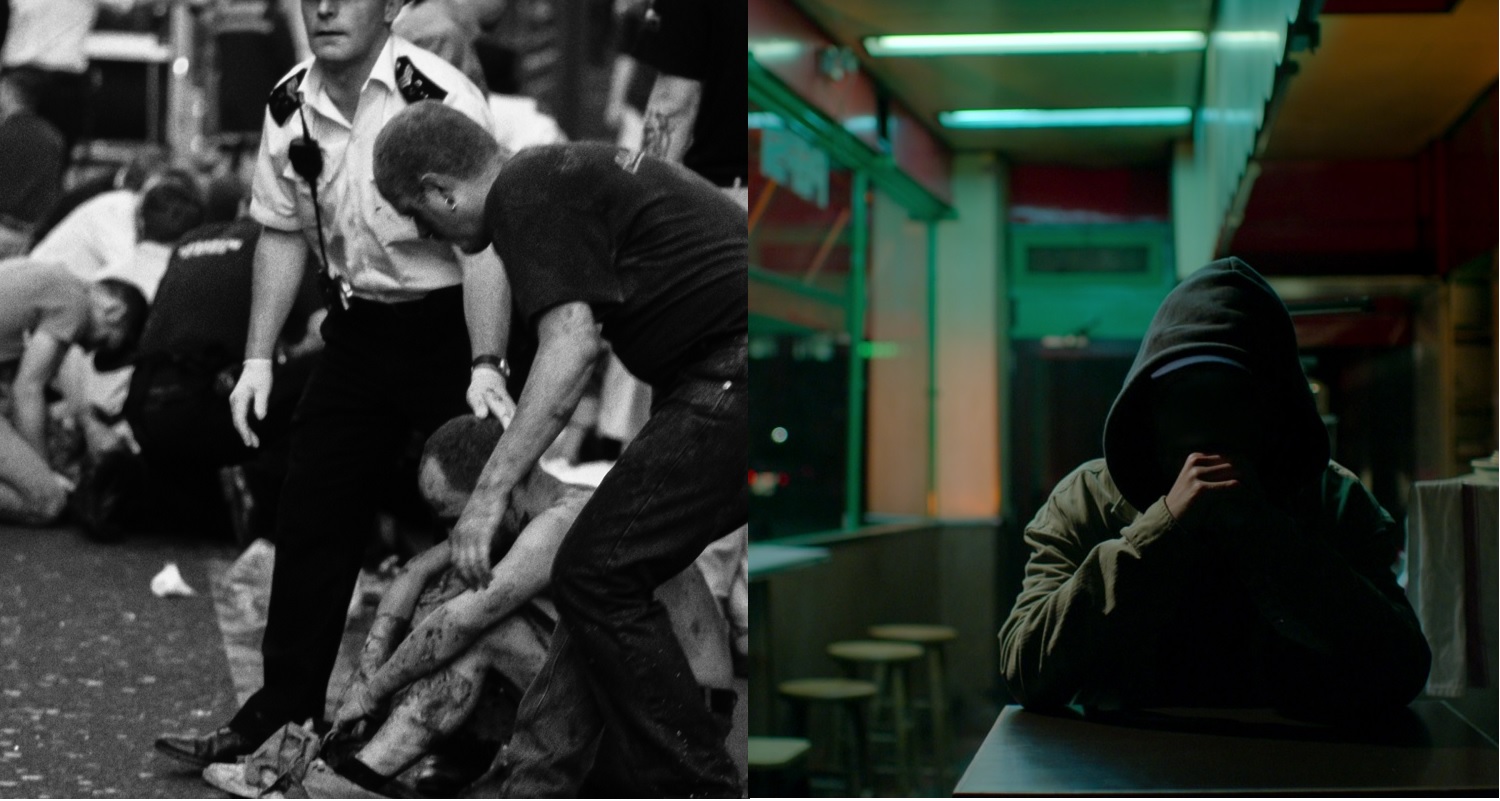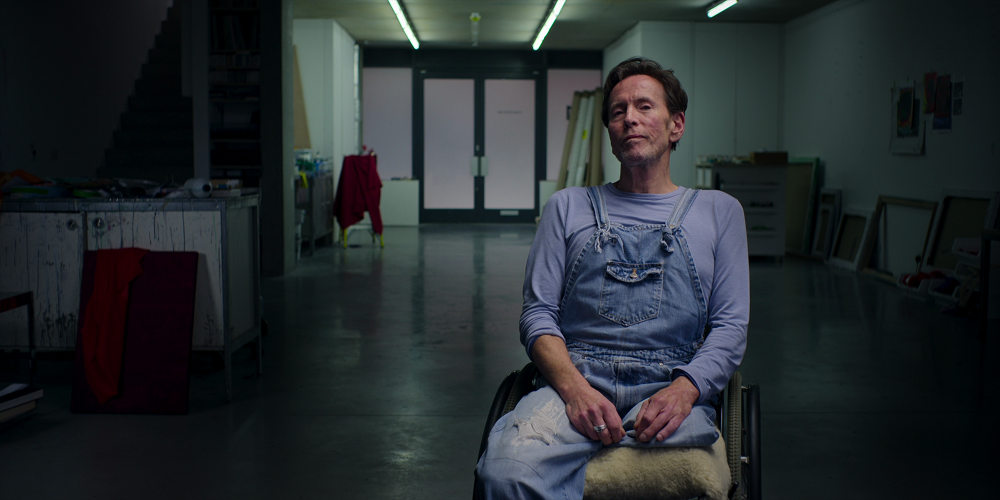Nail Bomber: Manhunt – behind the Netflix documentary on the Admiral Duncan bombing
Exclusive: "History within living memory is important to record and interrogate," director Daniel Vernon tells Attitude

Words: Jamie Tabberer; pictures: The aftermath of the 1999 Admiral Duncan bombing, and police informer Arthur (Netflix)
“History, particularly history within living memory, is an important thing to record and to interrogate while that’s still the case,” opines director Daniel Vernon.
That’s certainly the thinking behind his new Netflix documentary Nail Bomber: Manhunt. It looks at the 1999 London bombings that targeted minority communities; neo-Nazi David Copeland was ultimately caught and sentenced to six life sentences, but not before detonating a nail bomb in Soho gay bar The Admiral Duncan, killing three.
“This was the first far-right attack in the UK by a home-grown terrorist,” explains Vernon. “We were surprised that so many people have either forgotten or never heard this story.”
Copeland also detonated bombs in Brixton in South London and Brick Lane, in the East End, targeting Black and Bengali communities. Some 140 people were injured across the three bombings; Andrea Dykes, 27, John Light, 32, and 31-year-old Nick Moore lost their lives upon the third and last bombing in Soho.
Gary Reid [pictured below], a survivor of the Admiral Duncan bombing, tells Attitude: “I wanted to take part in the film because I think hate crime is on the rise at the moment and it’s getting quite serious.”
“His life is a complete and utter waste, he’s still rotting away in prison”
Reid, who gives testimonials in the doc, adds: “I think the film shows that nothing good ever comes from evil acts. And I think maybe if somebody is watching and thinking of doing something like this it shows you’ll get caught. His life is a complete and utter waste, he’s still rotting away in prison. I don’t think anybody thinks of him now.”

Reid, who has only been back to the pub once since the bombing, continues: “I hope that people can see the ripple effect it had. It was a heinous act and he killed people, and I want viewers to realise how stupid and evil he was but also the effect that he had on hundreds of people like my family and other people’s families.”
Another contributor to the film is a far-right expert and mole named Arthur (not his real name). Arthur spent a decade undercover among the British National Party, and it was he who recognised Copeland, whom he’d met several times, from the front page of a newspaper and told police of his identity.
Interviewed anonymously with his hood up in a darkened cafe, his part in the investigation – and his harrowing experiences within the BNP – make for fascinating viewing.

Asked how he gained his trust for the film, Vernon says: “Arthur has never agreed to be interviewed before so we were doubtful he would agree to take part. We were able to contact him through his old handler and I met him. He spent some time sussing me out, which he’s obviously an expert at, and then decided he could trust me.”
The need to protect Arthur’s identity illustrates the potency of the far-right movement two decades later – as do rising levels of homophobia and transphobia everywhere from the US to the UK to Poland to Chechnya.
“You would think that 22 years later the types of ideas that fuelled these hate crimes would have been laid to rest,” reflects Vernon. “Unfortunately that isn’t the case.”
Nail Bomber: Manhunt drops on Netflix on May 26.
The Attitude July issue is out now.
Subscribe in print and get your first three issues for just £1 each, or digitally for just over 1.50 per issue.

